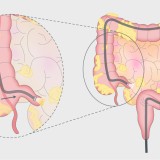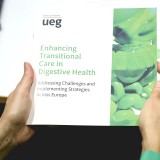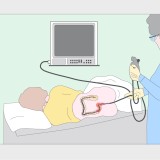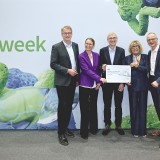1. A.E. M’Koma; Inflammatory Bowel Disease: An Expanding Global Health Problem, Clin Med Insights Gastroenterol. Volume 6, 2013, pages 33–47.
2. Johan Burisch, Tine Jess, Matteo Martinato, Peter L. Lakatos, on behalf of ECCO -EpiCom; The burden of inflammatory bowel disease in Europe, Journal of Crohn’s and Colitis, Volume 7, Issue 4, 1 May 2013, Pages 322–337.
3. M. Ruggeri, A. Cicchetti, A. Armuzzi, F.R. Rolli, S. Leone, E. Previtali; Economic burden of IBD in Italy. Digestive and Liver Disease Journal, Volume 50, Issue 2, 15 March 2018.
4. M Ellen Kuenzig, Lawrence Lee, Wael El-Matary, Adam V Weizman, Eric I Benchimol, Gilaad G Kaplan, Geoffrey C Nguyen, Charles N Bernstein, Alain Bitton, Kate Lee, Jane Cooke-Lauder, Sanjay K Murthy; The Impact of Inflammatory Bowel Disease in Canada 2018: Indirect Costs of IBD Care, Journal of the Canadian Association of Gastroenterology, Volume 2, Issue Supplement_1, 2 February 2019, Pages S34–S41.
5. B. Wilson, S. Lonnfors, D.W. Hommes, S. Vermeire, M. Greco, C. Bell, L. Avedano, EFCCA, Belgium; UCLA, United States; University Hospital Gasthuisberg, Leuven, Belgium; A European Crohn’s and ulcerative colitis patient life IMPACT survey, ECCO, available online: https://www.ecco-ibd.eu/publications/congress-abstract-s/abstracts-2012/item/p406-a-euro.html.









Please log in with your myUEG account to post comments.